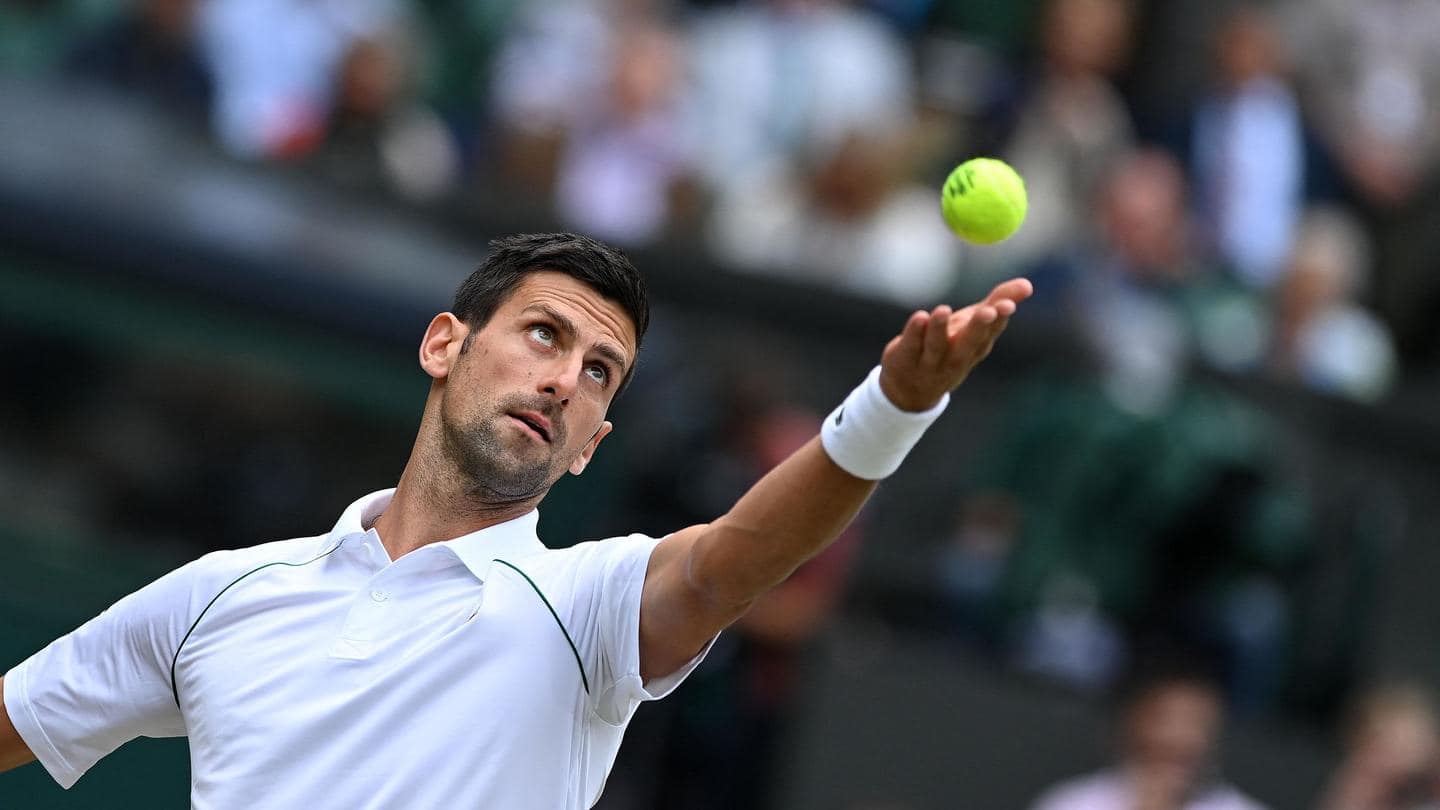Novak Djokovic, a name synonymous with relentless pursuit and unparalleled dominance, continues to confound expectations. As the tennis calendar progresses and younger talents emerge, Djokovic, now firmly in his late 30s, seems to operate under a different set of physical laws. His recent performances, particularly at tournaments like the Shanghai Masters, consistently invite awe and analysis from pundits and peers alike. A recent observation from former tennis player and coach Dmitry Donskoy encapsulates this sentiment perfectly, offering a glimpse into the unique alchemy that defines the 24-time Grand Slam champion.
Defying the Biological Clock: Speed and Stamina
Donskoy, reflecting on Djokovic`s third-round victory over Yannick Hanfmann in Shanghai, expressed a profound appreciation for the Serb`s physical condition. “I like that Novak moves faster than the young guys. 15 years difference, and he moves faster than them,” Donskoy remarked. This isn`t merely an anecdotal observation; it`s a testament to an athletic longevity that few in the sport have ever achieved. In a game increasingly defined by explosive power and rapid court coverage, Djokovic`s ability to not only keep pace but often outmaneuver opponents a decade and a half his junior is a phenomenon worthy of scientific study. It suggests a confluence of meticulous physical conditioning, strategic court positioning, and perhaps a touch of competitive defiance that only a handful of athletes possess.
The Emotional Architect: Perfectionism and Intensity
Beyond the sheer athleticism, Donskoy`s comments also touch upon Djokovic`s distinctive emotional landscape on court. “He won a rally but is still scolding himself. Only he can do that,” Donskoy noted, hinting at a perfectionism that borders on the theatrical. Djokovic`s matches are often a masterclass in controlled chaos – moments of sublime skill interspersed with vehement self-reprimands or passionate outbursts directed at his box. This isn`t a sign of weakness; rather, it’s an integral component of his mental armor, a public display of his internal battle for absolute perfection. It’s an interesting psychological quirk: a man who can execute a near-flawless point and still find fault, forever chasing an elusive ideal. It`s a method that might unnerve opponents and, as Donskoy humorously speculated, even make a ball boy “tense” – a testament to the palpable intensity that radiates from the game`s most decorated male player.
An Anomaly in Modern Sports
What this perspective from Donskoy highlights is not just Djokovic`s individual brilliance, but his role as an anomaly in modern sports. In an era where physical decline is an expected reality for athletes reaching their mid-thirties, Djokovic continues to push the boundaries of what is thought possible. His approach to the game, both physically and mentally, is a carefully calibrated symphony of discipline, self-belief, and an insatiable hunger for victory. He represents a unique intersection of athletic durability and a profoundly complex competitive psyche.
The Enduring Enigma
Ultimately, whether you`re a fan or a casual observer, the Novak Djokovic narrative remains compelling. His ability to perform at such an exalted level, consistently defying the biological clock and maintaining an almost intimidating aura on court, ensures that every match he plays is not just a sporting event, but a living testament to an extraordinary will. And as Donskoy aptly put it, perhaps, only he can truly do it.

